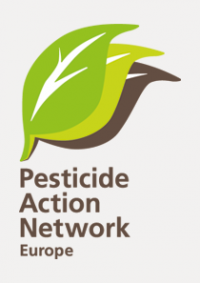In July 2025, the Commission proposed the long-term budget (multi-annual financial framework (MMF)) for 2028–2034, which includes the Common Agricultural Policy (CAP). [1] Rather than effectively supporting farmers to transition to future-proof farming, the post 2027 CAP proposal represents a major setback in the need level playing field for EU farming rules. Providing excessive flexibility to member states will very likely drive a race to the bottom.
The CAP, currently representing about a third of the EU budget (€378.5 billion), should urgently stop subsidising farming practices with detrimental impact on our environment and health. Continuing irresponsible spending of citizens’ money, undermines the social acceptability and legitimacy of the CAP. Remarkably, the proposal neglects Citizens’ demands expressed by European Citizens’ Initiatives, asking for the phase out of pesticides, and to support farmers in this transition. Also the Conference for the Future of Europe, through which citizens asked to reduce pesticides and reorient public subsidies to the transition to sustainable agricultural practices, is disregarded. [2] Many of the key outcomes of the Strategic Dialogue on the future of EU Agriculture are set aside by the CAP proposal. [3] This while the Commission initiated the Strategic Dialogue, and stated the outcome report would be the foundation for the development of a new vision for food and farming in Europe [4].
The fact that the Commission repeatedly disregards outcomes of its own participatory processes undermines its credibility. The CAP negotiations provide a key opportunity to change course, answer citizens’ demands and create the supportive framework to shift to future-proof farming. We recommend the EU Parliament and Council to transform this proposal into an instrument which provides a truly sustainable future to farmers, while protecting our soils, water, biodiversity, long-term food security and health.
